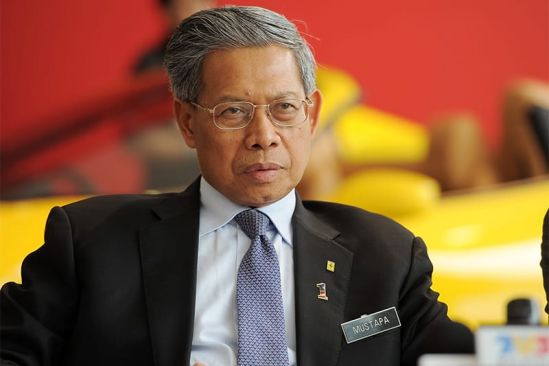The World Bank's Doing Business Report 2018 (DB 2018) released today, continues to rank Malaysia among the top 25 economies in the world with a favourable business climate. At 24th position among 190 economies, Malaysia’s ranking is marginally lower than the 23rd position last year.
Despite the slight decline, Malaysia actually recorded an improvement by 0.96 in terms of overall distance to frontier (DTF) score, from 77.47 in the previous year to 78.43 this year. The drop in ranking was a result of reforms undertaken by the UAE translating to an increase in DTF score of 1.87, enabling them to leapfrog from 26th last year to a ranking of 21st this year.
Out of the top 25 economies ranked, only Malaysia and 10 others recorded an improvement in DTF scores. The DTF score measures the distance of each economy to the “frontier economy,” which refers to the best performing country on each of the indicators across all countries involved since DB 2005. The 78.43 overall DTF score recorded by Malaysia this year means our economy is 21.57 percentage points away from the frontier constructed from the best performances across all economies and across time.
The World Bank Doing Business 2018 report is the 15th in a series of annual report measuring regulations affecting 11 areas of the life of a business. Ten of these areas are included in this year’s ranking on the ease of doing business: starting a business, dealing with construction permits, getting electricity, registering property, getting credit, protecting minority investors, paying taxes, trading across borders, enforcing contracts and resolving insolvency. It also measures labor market regulation, which has not been included in the rankings.
The report covers the data collection during the period from 2 June 2016 – 1 June 2017. These data come in the form of responses to the questionnaires, conference calls, written correspondence and visits by the World Bank team. These data are subjected to numerous rounds of verification which could lead to revisions or expansions of the information collected.
The World Bank relies on four main sources of information namely the relevant laws and regulations, respondents made up of 43,000 professionals in 190 economies, the Government officials from the countries involved and the World Bank Group regional staff.
Overall, the Report ranks New Zealand as the most business-friendly in the world, ahead of Singapore and Denmark, followed by the Republic of Korea and Hong Kong SAR. Within ASEAN, Malaysia was ranked second after Singapore and ahead of economies such as Thailand (26th), Brunei (56th) and Viet Nam (68th). In the Asian region, Malaysia is ranked in top 5, behind Singapore, the Republic of Korea, Hong Kong SAR and Taiwan.
Although Malaysia dropped one place, some successes in the country’s business regulatory reforms were singled out by the World Bank:
(i) strengthened access to credit through the new Companies Act 2016 that establishes a modern collateral registry;
(ii) strengthened minority investor protection by requiring greater corporate transparency, placing Malaysia as the 4th best country for protection of minority investors; and
(iii) improved infrastructure facilities at Port Klang which has eased the handling processes at the terminal and facilitated import and export processes.
Datuk Seri Mustapa Mohamed, Minister of International Trade and Industry applauded the reforms undertaken last year, “A total of 23 reforms was undertaken by Malaysia over the last 15 years, higher than the average of 15 reforms undertaken by countries in the East Asia and the Pacific region. These reforms sent a strong signal of Malaysia’s commitment to reduce regulatory burden to ensure our laws will encourage, instead of hinder enterprises, especially SMEs to do business in our country.
Moving ahead, Mustapa cautioned that “despite the improvement in our scores, the slight drop in our ranking indicates that other countries have been successful in implementing deeper reforms at a much faster pace.”
“We need to do more and move faster in pushing through further reforms to improve our business regulatory environment. It is hoped that Malaysia will do better in its future rankings, given the positive impact that will be produced by the abovementioned reforms as well as the initiative undertaken by the Civil Service Delivery Unit with regards to the coordination of data collection”.







